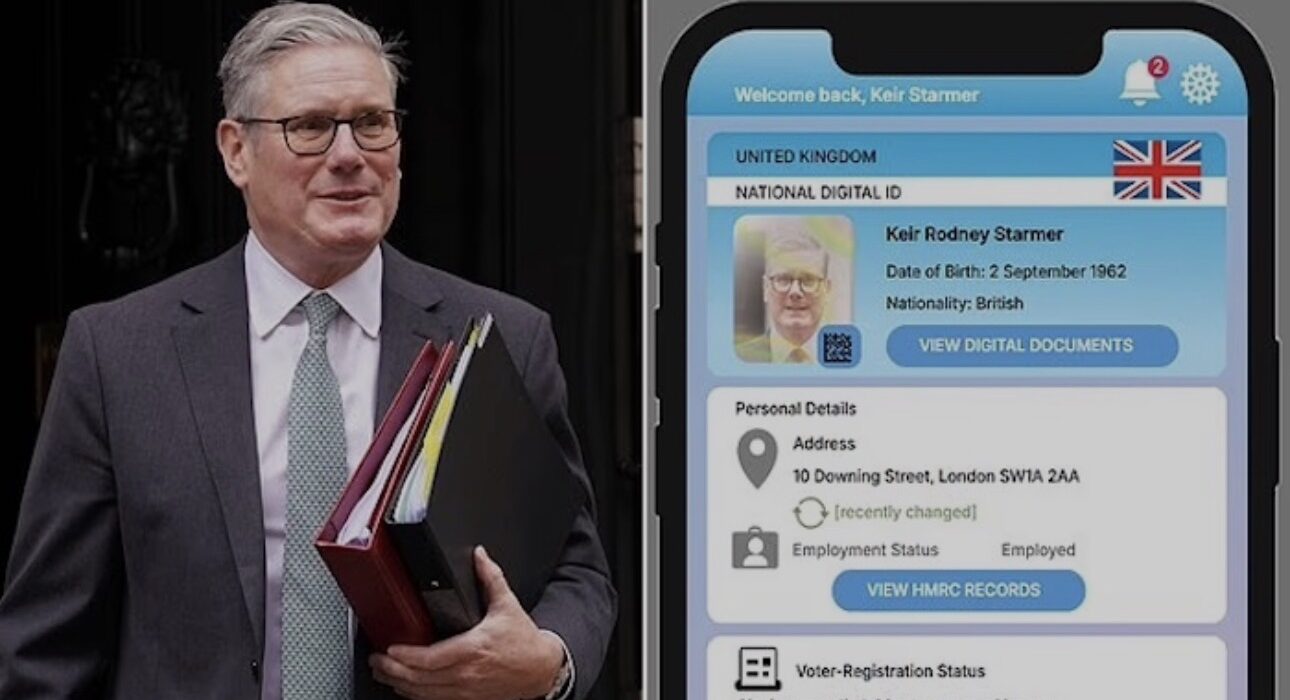UK to Introduce Digital ID Cards to Curb Illegal Work, Secure Borders

Prime Minister Keir Starmer has announced that the United Kingdom will roll out a mandatory digital identity system in a major policy move aimed at securing borders and curbing illegal work.
The scheme, described by officials as a modern solution to long-standing immigration challenges, is expected to be in force before the end of the current Parliament in 2029.
The proposed digital ID — informally dubbed the “BritCard” — will be free and issued to all British citizens and permanent residents.
It is expected to function as proof of the right to work, rent property, and access certain public services, while also confirming nationality or immigration status.
According to the government, the ID would be accessible via a smartphone app or digital wallet, with alternative options planned for those without smartphones.
The Starmer administration has framed the move as part of a wider strategy to address illegal migration and dismantle the underground economy that thrives on undocumented labour.
By requiring employers and landlords to verify legal status digitally, ministers believe the scheme will close loopholes exploited by traffickers and reduce incentives for irregular entry into the UK.
“Illegal work is a pull factor,” government officials noted, adding that stronger verification systems are key to reducing small boat crossings and unlawful employment.
The plan has reignited debate over civil liberties. Critics, including privacy campaigners, argue that a centralised digital ID system could become a tool for surveillance and raise the risk of data breaches.
Cybersecurity experts have also warned that storing sensitive personal information in a single system could create “an enormous hacking target.”
Others worry about digital exclusion, particularly for the elderly, the homeless, or those unable to access smartphones and the internet.
The government has pledged to hold a public consultation to address these issues before full implementation.
The announcement marks a significant shift in UK policy. Previous Labour governments, under Tony Blair, had floated identity card schemes, but they were abandoned after strong opposition and concerns about privacy.
Starmer’s decision to revive the idea reflects mounting political and public pressure to deal with immigration, border security, and illegal work.
Opposition parties are divided: while some argue the scheme is necessary for national security and immigration control, others accuse the government of overreach.
The coming parliamentary debates are expected to focus heavily on privacy safeguards, costs, and practical rollout challenges.
The digital ID scheme is planned to be mandatory for work verification by July 2029, with legislation and infrastructure still to be finalised. If implemented, it would place the UK alongside countries such as Estonia and India, where national digital identity systems are already in operation.
For now, the proposal is being hailed by supporters as a bold step toward modernising border enforcement, while critics warn it could open a new chapter of government overreach into the lives of ordinary citizens.









